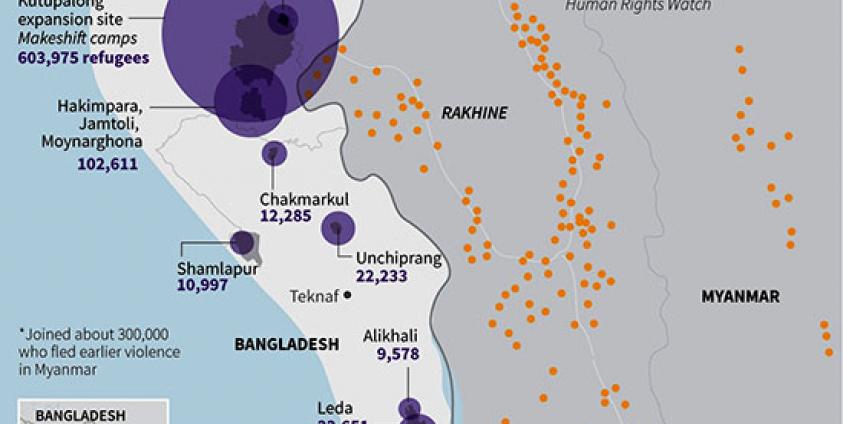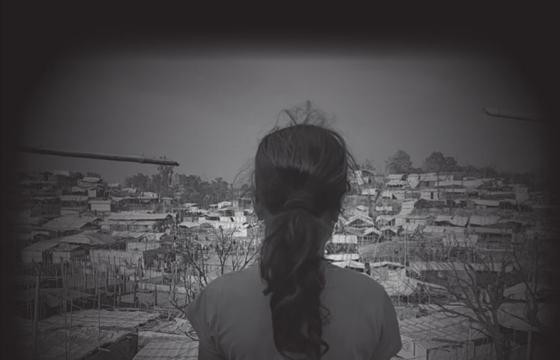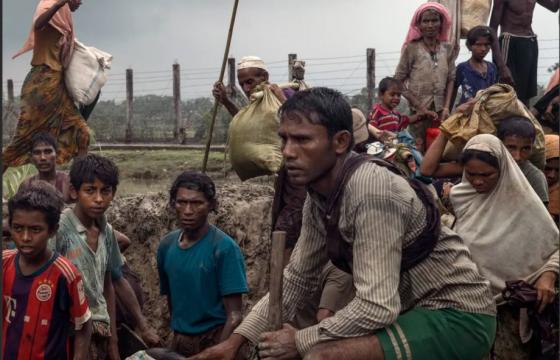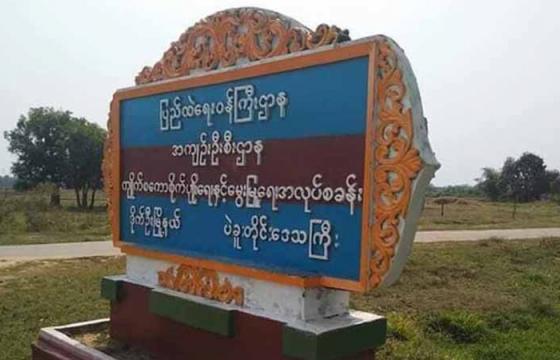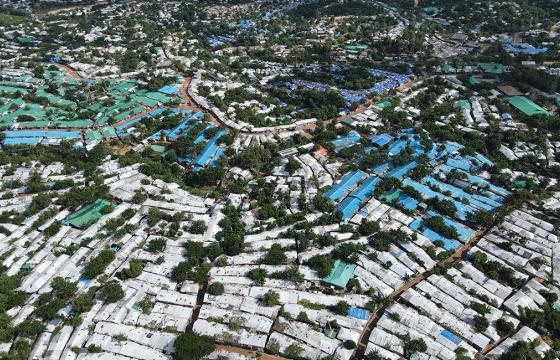The Bangladesh Telecommunication Regulatory Commission (BTRC) has issued a letter to mobile phone operators to stop the sale of SIM cards and telecommunication services in the Rohingya camps of Cox's Bazar within seven working days, after Posts, Telecommunications and Information Technology Minister Mustafa Jabbar directed the commission on September 1, 2019.
The letter, signed by the commission’s Deputy Director Nahidul Hasan, said the instruction was given out of consideration for state security and for the sake of protecting law and order, in the interests of public safety.
The letter was issued following allegations that mobile phone operators were selling SIM cards and providing mobile phone services to the Rohingya community in violation of a government ban on selling SIM cards to Rohingyas who fled Myanmar amid persecution by the military in September 2017.
The BTRC also decided to suspend 3G and 4G services in the Ukhia and Teknaf areas between 5:00 pm and 5:00 am every day and make sure that signals from Bangladesh’s carriers cannot be received from Myanmar.
Since there are about 900,000 active SIMs in the Rohingya camp areas, the cell phone carriers were asked to check the database of national identity cards and find out to whom the SIMs were registered.
“Operators will take appropriate measures regarding the issue,” Association of Mobile Telecom Operators of Bangladesh secretary general S M Farhad said and added, “It is also necessary to mention that SIMs can only be activated after bio-metric confirmation from the NID database.”
“It is not possible for anyone to avail a new SIM connection without proper biometric verification of an individual’s identity with the NID database. In this context, we believe that the solution to this problem lies in the proper registration and usage of individuals in the NID database,” said Shahed Alam, chief corporate and regulatory officer at Robi Axiata Ltd.
The restriction on refugees from having Bangladeshi mobile phone SIM cards prevents them from communicating with family members that may still be in Myanmar, according to Canadian Adrien Blanchard, a UNICEF intern in the Rohingya refugee camps.
Rohingyas are not only contacting each other through calls but also using 3G and 4G services. This is of concern as the mobile network is extended on the other side of the border, according to Bangladesh Mobile Phone Consumer Association (BMPCA) President Mohiuddin Ahmed.
Mohiuddin has also alleged that the Rohingya people sheltered at different camps in Cox’s Bazar are organizing themselves using telecommunication networks illegally, according to a press release dated August 31, 2019.
As per the government’s policy, Rohingya refugees are not supposed to get mobile phone connections, and instead would be provided with telecom services through the public call offices installed at the camps by the state-owned mobile phone operator Teletalk.
Many of the Rohingyas were found to have been engaged in crimes at the camps, prompting the government to tighten security measures. Curbing crimes in the camps was one of the reasons behind the order to snap mobile phone connections.
“I am upset at the mobile internet shut down from 5:00 pm to 5:00 am as I am studying for an online education course after I come back from work. This won’t be possible any longer,” said a Rohingya student who declined to be named.
Security personnel seized smart mobile phones on September 4 from Rohingyas in Balukhali market: Yousuf bin Rahamat Ullah, Camp 8E; Monir Ahmed bin Anowaar, Camp 19; Munsur Ahmed bin Younose, Camp 26; Zaibul Rahman bin Mohamed Faruk, Camp 8E; and Ibarahim bin Mohamed, according to an eyewitness from the camp, who requested not to be named.


